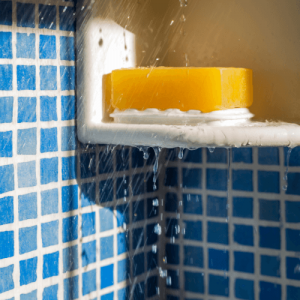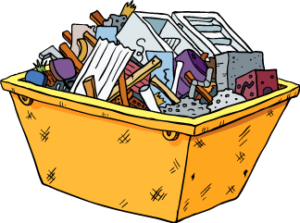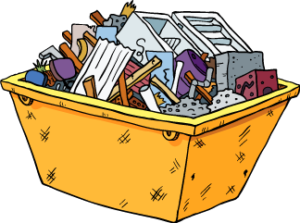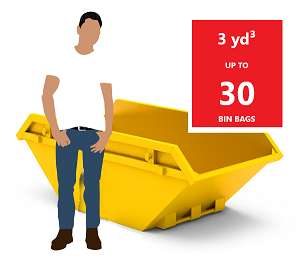blocked Drains gillingham can be a major nuisance and cause inconvenience for homeowners. Whether it’s a slow-draining sink or a completely clogged toilet, blocked drains can disrupt your daily routine and lead to unpleasant odors in your home. But fear not! With the right information and tools, you can easily deal with blocked drains and get your plumbing back to its optimal function.
Investigate the Cause
The first step in dealing with blocked drains is to determine the cause. This will help you choose the appropriate method for unclogging the drain. Some common causes of blocked drains include hair buildup, grease and food debris, foreign objects, and tree root intrusion. If you’re unsure of the cause, try using a plunger to see if it’s a simple blockage that can be cleared without any further effort.
Try DIY Solutions
If the cause of the blockage is a buildup of hair or food debris, there are several DIY solutions you can try before calling in a professional. A mixture of baking soda and vinegar can often do wonders in breaking down stubborn gunk in your drains. Simply pour a cup of baking soda followed by a cup of vinegar down the drain, cover with a cloth or stopper, and wait for 10-15 minutes before flushing with hot water.
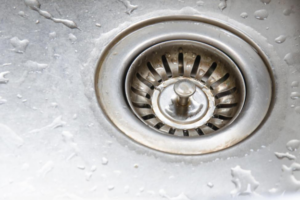
You can also use a plunger or a drain snake to physically remove the blockage. Plungers work best on flat surfaces such as sinks and bathtubs, while drain snakes are more effective for deeper, clogged pipes. Remember to wear gloves when using these tools and always read the instructions carefully.
Use Natural Drain Cleaners
If you prefer to use natural products to unclog your drains, there are several options available. Enzyme-based cleaners use natural bacteria and enzymes to break down organic matter in your drains, making them a safe and eco-friendly choice. You can also try using a mixture of salt and baking soda to dissolve blockages and freshen up your pipes.
Call in the Experts
If the DIY methods don’t work or you’re dealing with a more serious blockage, it’s best to call in a professional plumber. They have the necessary tools and expertise to deal with even the toughest of clogs. They can also perform a thorough inspection of your plumbing system to identify any underlying issues that may be causing recurring blocked drains.
Prevent Future Blockages
The best way to deal with blocked drains is to prevent them from happening in the first place. Regularly cleaning your drains with a mixture of hot water, vinegar, and baking soda can help keep them clear of debris. Avoid pouring grease and oil down your drains, as they can solidify and cause blockages. Also, investing in drain covers for sinks and shower drains can prevent hair and other objects from going down the pipe.
It’s also important to be mindful of what you flush down your toilet. Items such as wet wipes, feminine products, and paper towels can easily get stuck in your pipes and lead to blockages. Stick to flushing only human waste and toilet paper to avoid any plumbing problems.
Final Thoughts
Blocked drains gillingham may seem like a daunting issue, but with the right approach, it can be easily resolved. Remember to investigate the cause, try DIY solutions, and call in a professional if needed. With proper prevention methods, you can ensure that your drains stay clear and your plumbing remains in top shape. So don’t let blocked drains stress you out. Follow these tips and keep your home free of clogs!

